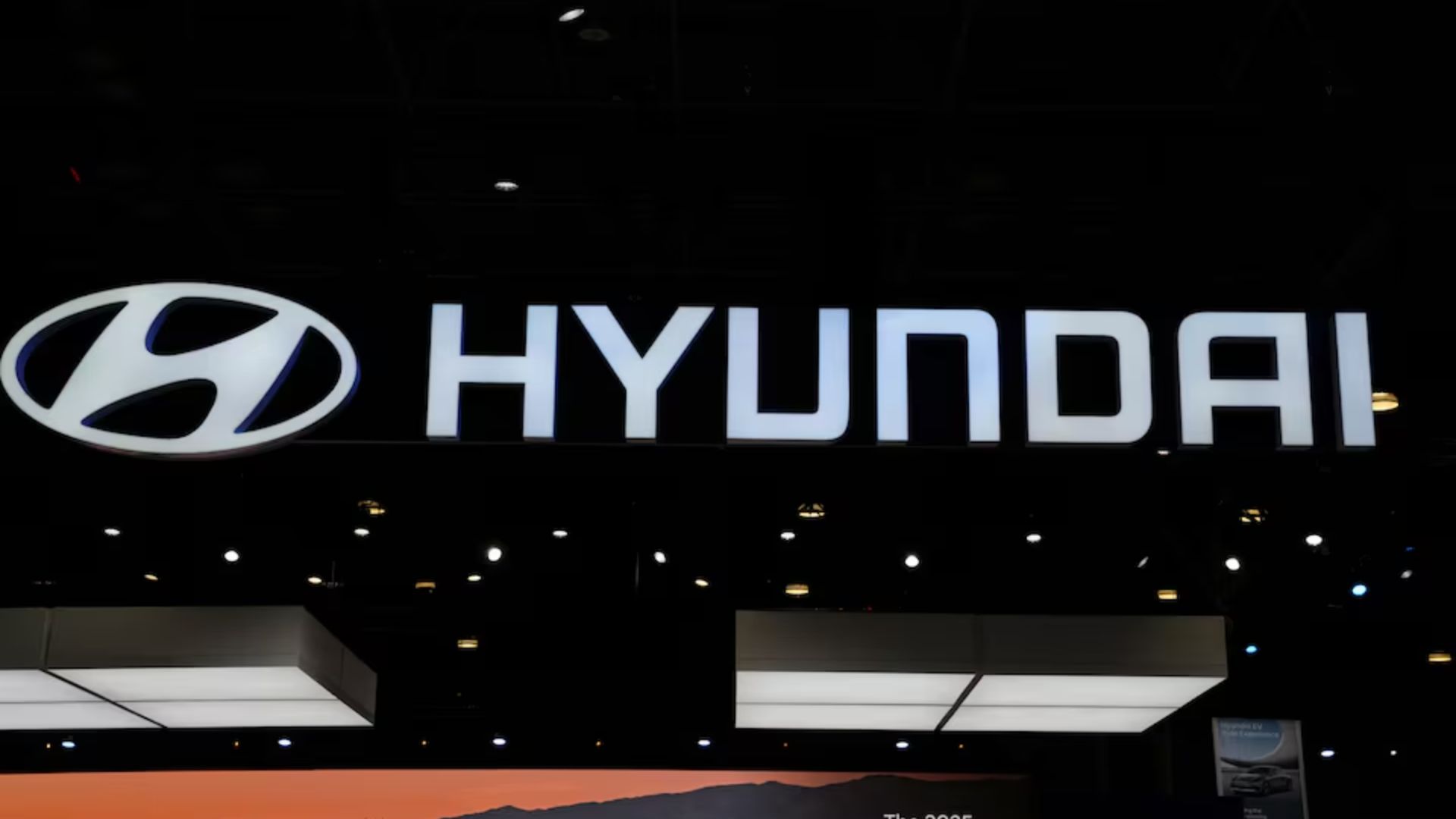SEOUL, (Reuters) – Hyundai Motor Co and Kia Corp on Monday signed a memorandum of understanding with India’s Exide Energy Solutions Ltd to supply batteries for their electric vehicles in a bid to boost competitiveness in the world’s No.3 auto market.
The South Korean auto duo said in a statement that the partnership with Exide Energy, a unit of Exide Industries Ltd, aims to localise their EV battery production in India, specifically focusing on lithium-iron-phosphate (LFP) cells.
Hyundai and Kia are set to expand in India – one of its their four biggest revenue generating markets along with the United States, South Korea and Western Europe.
Hyundai has said it plans to invest about 3.25 trillion won($2.40 billion) for 10 years from 2023 for the Indian market, including for the launch of six EV models by 2028 and charging stations.
Kia plans to introduce locally optimised small-sized EVs starting 2025, Wednesday’s statement said.
Exide Energy is aiming to produce EV battery cells at the end of this year.
Automakers such as Tesla and VinFast are looking to tap India to build EV production facilities.
“India’s average manufacturing labour cost is estimated to be about one-fourth of labour cost in China, and the country’s massive lithium mines would help automakers that plan to make EVs in the country to better source necessary battery materials,” said Shin Yoon-chul, an analyst at Kiwoom Securities.
Shares of Hyundai Motor and Kia Corp closed 3.1% and 3.3% higher, respectively, versus the benchmark KOSPI’s 0.1% rise.
Shares of Exide Industries rallied as much as 15% to a record high.
($1 = 1,352.9100 won)
Reporting by Heekyong Yang and Joyce Lee in Seoul; Additional reporting by Jihoon Lee and Chris Thomas in Bengaluru; Editing by Ed Davies, Kirsten Donovan











